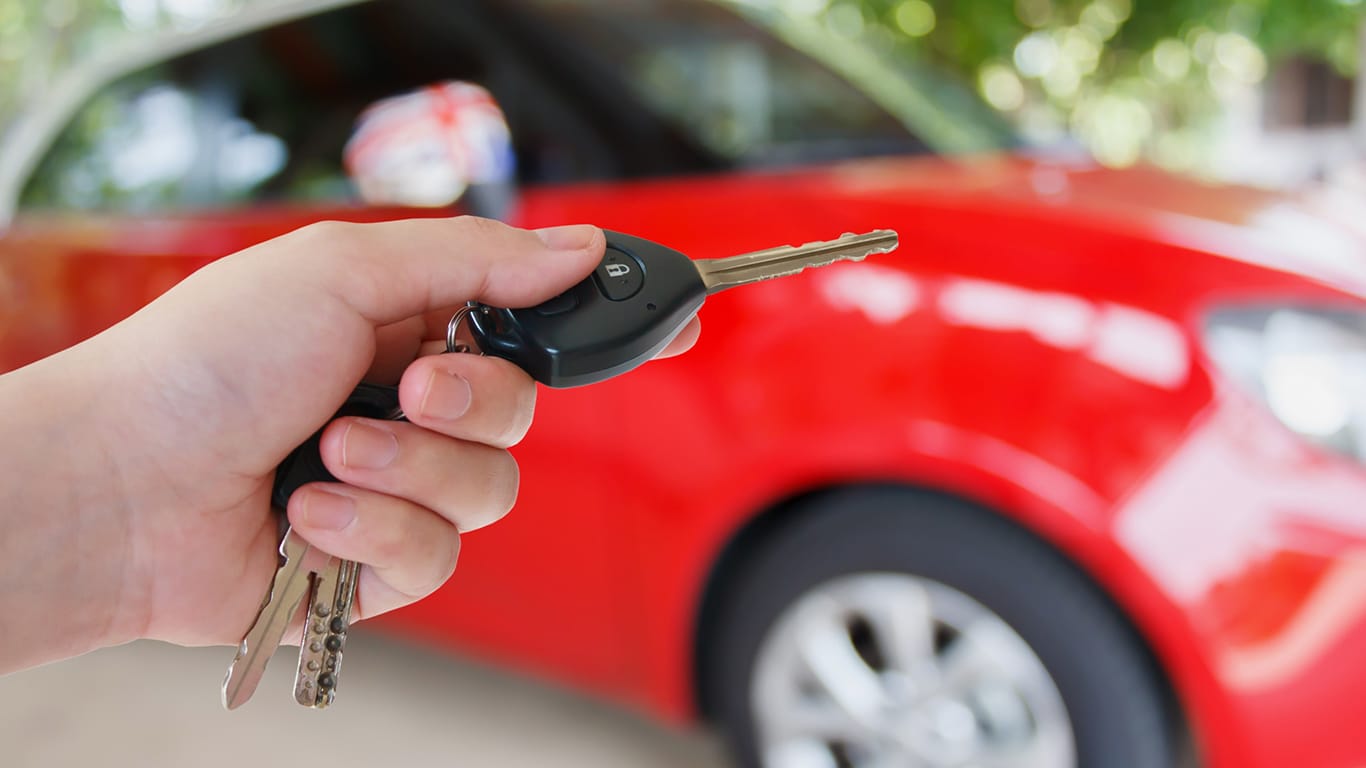Car lovers have no trouble shopping for a new vehicle. They often know exactly what they want and exactly how to get it for the best price. But what if you don’t have any knowledge or experience about cars? What if you’ve never bought a car before in your life?
Don’t Be Intimidated
For starters, you shouldn’t be intimidated. Yes, this is a relatively large expense and it’s one that could impact your life for many years to come. But at the same time, there are many viable choices – and there are plenty of supportive people to help you along the way.
According to Tiger Okeley of Oak Motors, “People are sometimes reluctant to go to a dealership and talk to a salesperson. But it’s important to remember that these institutions can only succeed if they maintain a good reputation. There are lots of cars we simply won’t sell to customers because the risks of problems and an unsatisfied customer are too high.”
It’s important to do your research and prepare yourself for this major decision, but even someone with no knowledge or experience can successfully shop for a car.
Understand Your Unique Needs
Before you begin your journey, you should understand your unique needs. Are you a parent of three kids with a multitude of different outdoor hobbies? Or are you a college student on a budget who will be primarily using your car to get to and from campus? These two people have extremely different needs in a car. You’ll need to think about things like storage space, seating capacity, safety ratings, price, availability, and even aesthetics. Even if you don’t know exactly what make or model of car you’re looking for, you can nail down some of these priorities.
Buy Used
Cars are notorious for fast depreciation. The moment you drive a new car off the lot, it depreciates in value, and it continues depreciating for the duration of its life. Used cars are much less expensive, yet they can be almost as reliable, especially if you buy from a reputable dealer. For most people trying to save money or maximize the value of their purchase, a used car is the better option. What’s important is that you choose a reliable car and inspect it fully before committing to your purchase.
Do Your Research
Once you have a decent understanding of your priorities, you can start doing research. Pay especially close attention to the following:
• Manufacturers. Different manufacturers have different reputations and different areas of specialty. While each major auto manufacturer has something good to offer, there are probably one or two manufacturers that will stand out to you.
• Models. You’ll also need to consider individual models. Based on your list of priorities, you can probably immediately disqualify most models on the market. For example, there’s no reason for a truck or an SUV if you won’t be transporting much.
• Features. If you’re buying new, you’ll need to consider features. If you’re buying used, features are still valuable to consider, but you may have fewer options to choose from. You can often save money by buying a more minimalistic car with fewer superficial upgrades.
• Ratings and reviews. When you start narrowing down your list of models to choose from, pay close attention to ratings and consumer reviews. How safe is this model considered to be? How fuel efficient is it? How do customers like it? And what do they have to say about it? And what do customers have to say about reliability; what problems does this model commonly have, how prevalent is the problem, and how expensive is the fix? At this point, there should be some clearly invaluable models rising to the top.
• Prices. Of course, you’ll also need to consider prices. Certain models may be totally out of your budget, and that’s fine. But it’s important to avoid buying the cheapest car just because it’s the cheapest. You need to think about how much value you’re getting for each dollar you spend.
Talk to Some Experienced Buyers
If you’re still feeling uncertain, or if you just want some validation, talk to some people who you know are experienced in buying and selling cars. They’ll be able to help you consider things you might not have considered before – and help you narrow down your options even further.
Save Up
For most buyers, it’s advantageous to buy a car in cash, assuming you can afford it. That’s why it’s a good idea to start saving for a car long before you intend to buy one.
If you do plan on using financing to buy a car, get preapproved by a lending institution before you walk into a dealership. It will make salespeople take you more seriously and help you avoid dealership financing, which isn’t always advantageous.
Purchasing a car is a decision you should take seriously, but it’s also not a decision you should freak out about. Even if you have no experience, you can find a car that’s a perfect fit for you.




